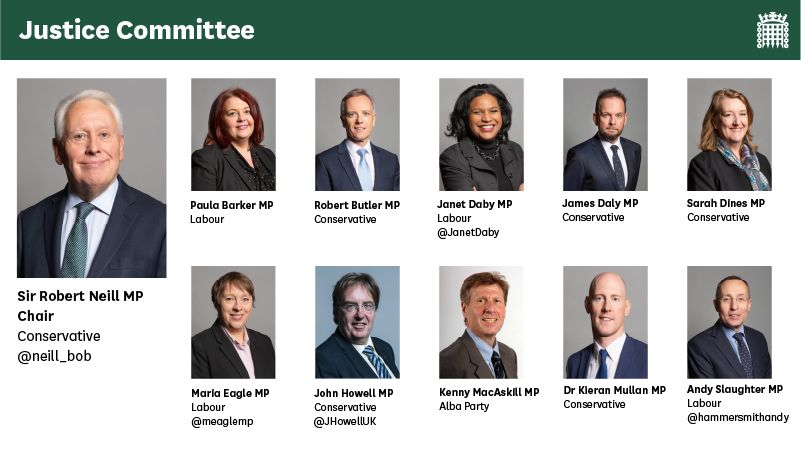Bereaved people are
not yet at the heart
of the coroner service
How can the Ministry of Justice make sure bereaved people are always treated fairly and with respect?
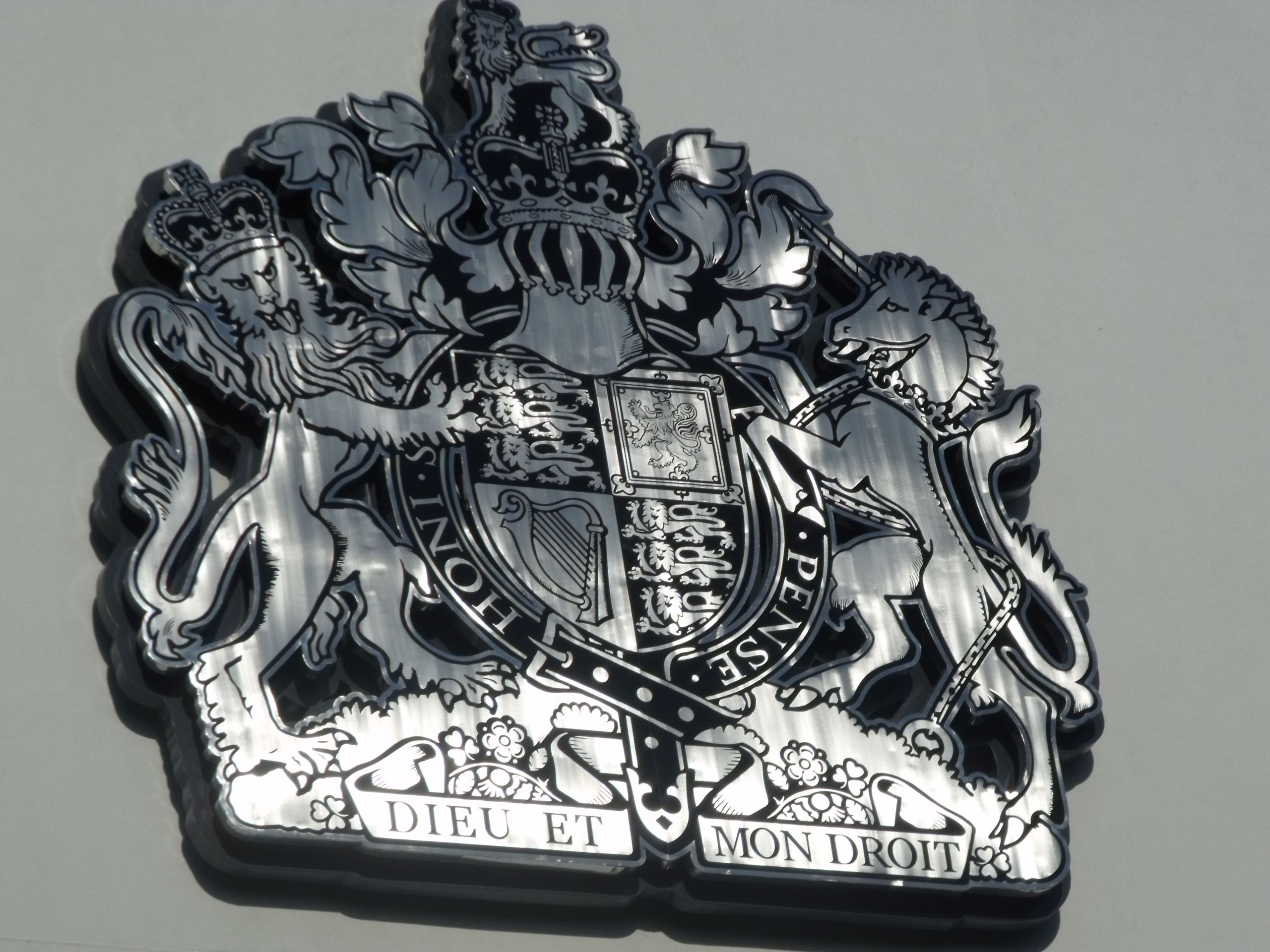
A coroner is a type of judge who investigates deaths that:
- are unnatural or violent
- have an unknown cause
- take place in prison, police custody or another type of state detention.
In 2013 changes were made to how the coroner service works by a law called the Coroners and Justice Act 2009. This included the creation of a Chief Coroner role to lead the service.
The changes made have significantly improved the coroner service. We thank all those who have kept the service going through the difficult time of the covid-19 pandemic.
But we, MPs on the Justice Committee, feel that more could be done to make the coroner service work better for bereaved people.
This is what we think the Government could do to help.
Create a National Coroner Service
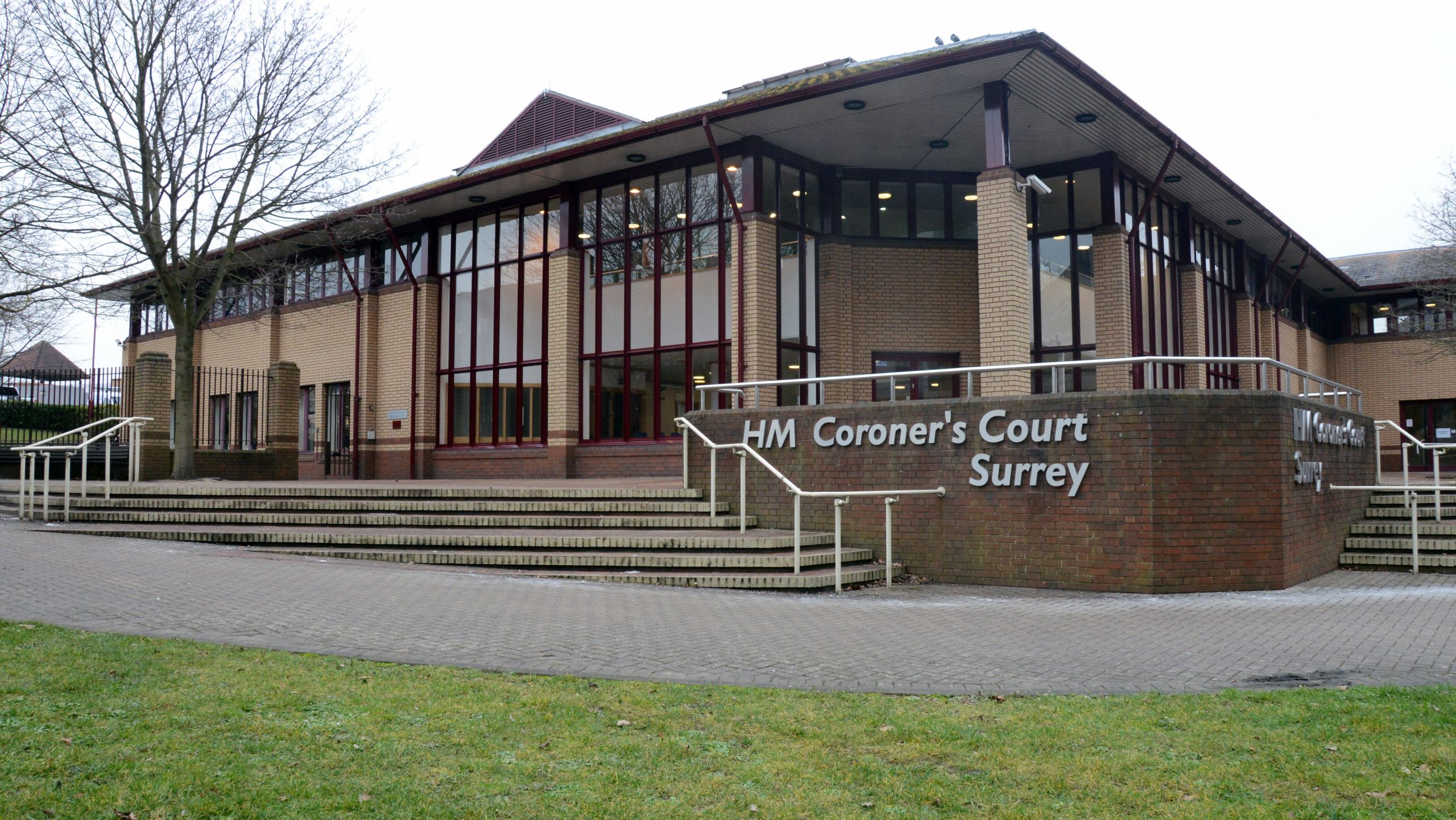
It is unacceptable that the service people receive from the coroner service varies depending on where they live.
We heard from many people, including bereaved people and organisations that help them, that the quality of service given by coroners depends on where you are in England and Wales.
"I am disappointed that far too many [people] talked about being treated very badly by the process, with a lack of dignity, respect and empathy."
This is partly because local authorities fund the coroner service. They decide what the priorities are in their areas and how coroners fit in with that.
There have been calls for more than 20 years to create a national coroners' service for England and Wales. We believe this would make sure that bereaved people get good service from coroners no matter where they live.
We call on the Ministry of Justice to create a National Coroner Service for England and Wales.
Invest in support services for bereaved people

Not enough is being done to help bereaved people access specialist support.
Most people don't know what the coroner service is until they have to experience it. This will often be at a very difficult time for them, after the unexpected death of a loved one.
We heard that not enough is being done to make sure bereaved people know about the specialist support services they can access during a coroner investigation.
"You have to bear in mind that these people are totally traumatised. They might not have gone to an inquest before or understand what the process will be."
The Coroners’ Courts Support Service is a charity whose trained volunteers offer emotional support and practical help to bereaved families, witnesses and others before, during and after an inquest.
It receives no central government funding and is only available in around half of coroner's courts.
We call on the Ministry of Justice to urgently provide funding for support services for bereaved people at inquests (like the Coroners' Courts Support Service) so that they are available in every area.
Invest in pathology services

The delays caused when coroners can't access pathology services can be distressing for bereaved people.
A coroner may decide that an investigation is needed because they believe a death was not from natural causes, or that it was natural but they don't know the cause. A specialist doctor, usually a pathologist, will carry out a post-mortem to help find out the cause of death.
Coroners have had problems accessing pathology services for a long time. There is no central government department responsible for supplying these services to coroners, and the NHS does not accept responsibility either.
"The impact on families is delayed investigations and delays in the bodies of their loved ones being released back to them for funerals to take place."
If the Ministry of Justice does not act urgently, pathology services for coroners may disappear completely.
We call on the Ministry of Justice to make sure coroners can access the pathology services they need. We propose three solutions in our full report.
Make sure lessons
are learned from
coroners' work
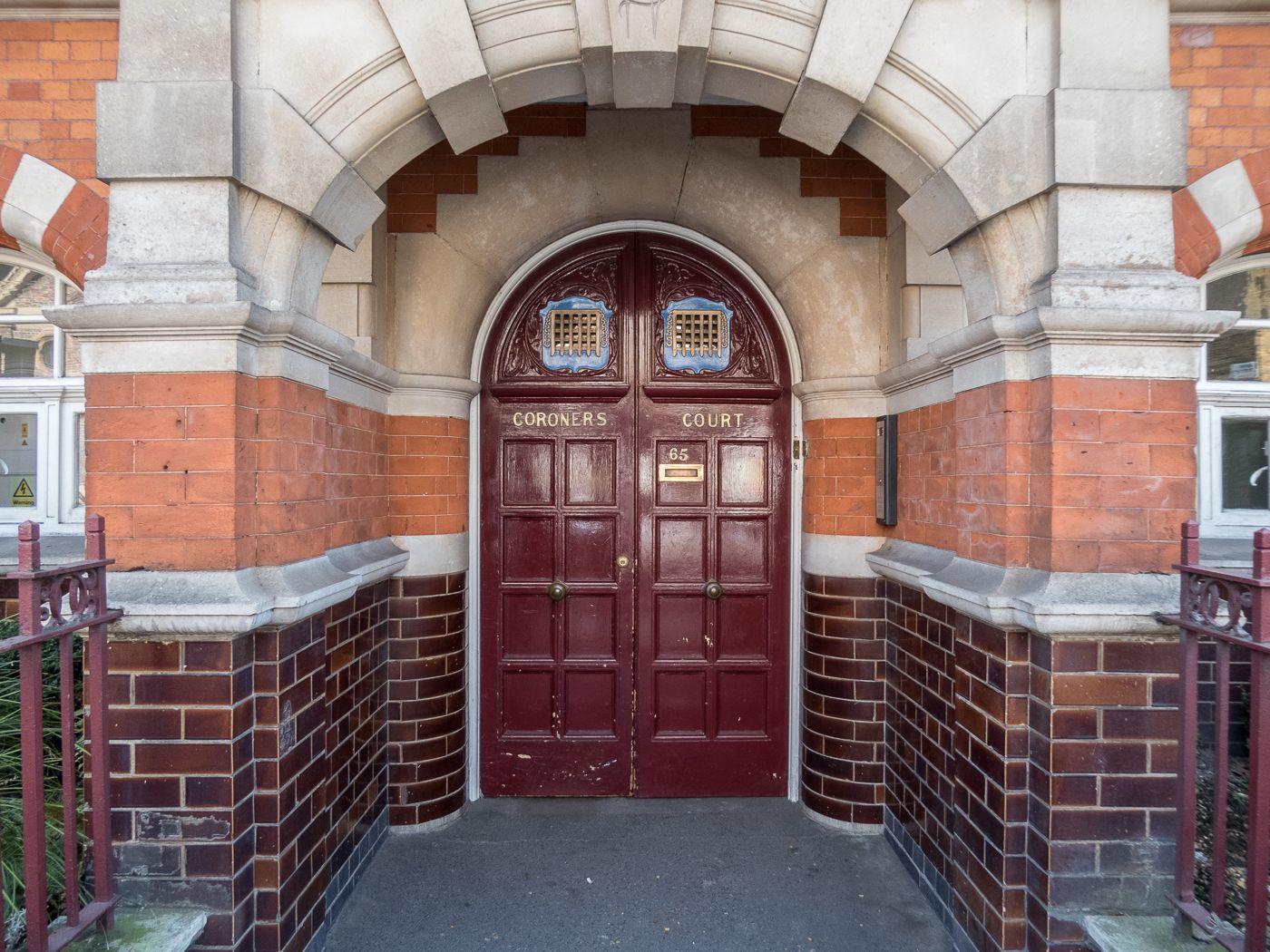
There is currently no process to follow up on the reports coroners make about risks of future deaths.
During their investigation or inquest, a coroner may find something that suggests there could be a risk of future deaths. If they do, they must report it to the person or organisation who can do something to deal with it.
We heard how this element of the coroners' work is very important to those who experience the service.
"The only thing that makes sense of the loss of your loved one is that maybe lessons will be learned and the same thing will not happen to someone else."
But there is currently no process to follow up on the actions proposed in response to coroners' reports or to look into why no action is taken if that is what is decided.
We call for a new body to oversee the public safety risks that coroners and inquest juries find, and to monitor and take action to reduce these risks.
Make sure bereaved
people can fully take
part in inquests
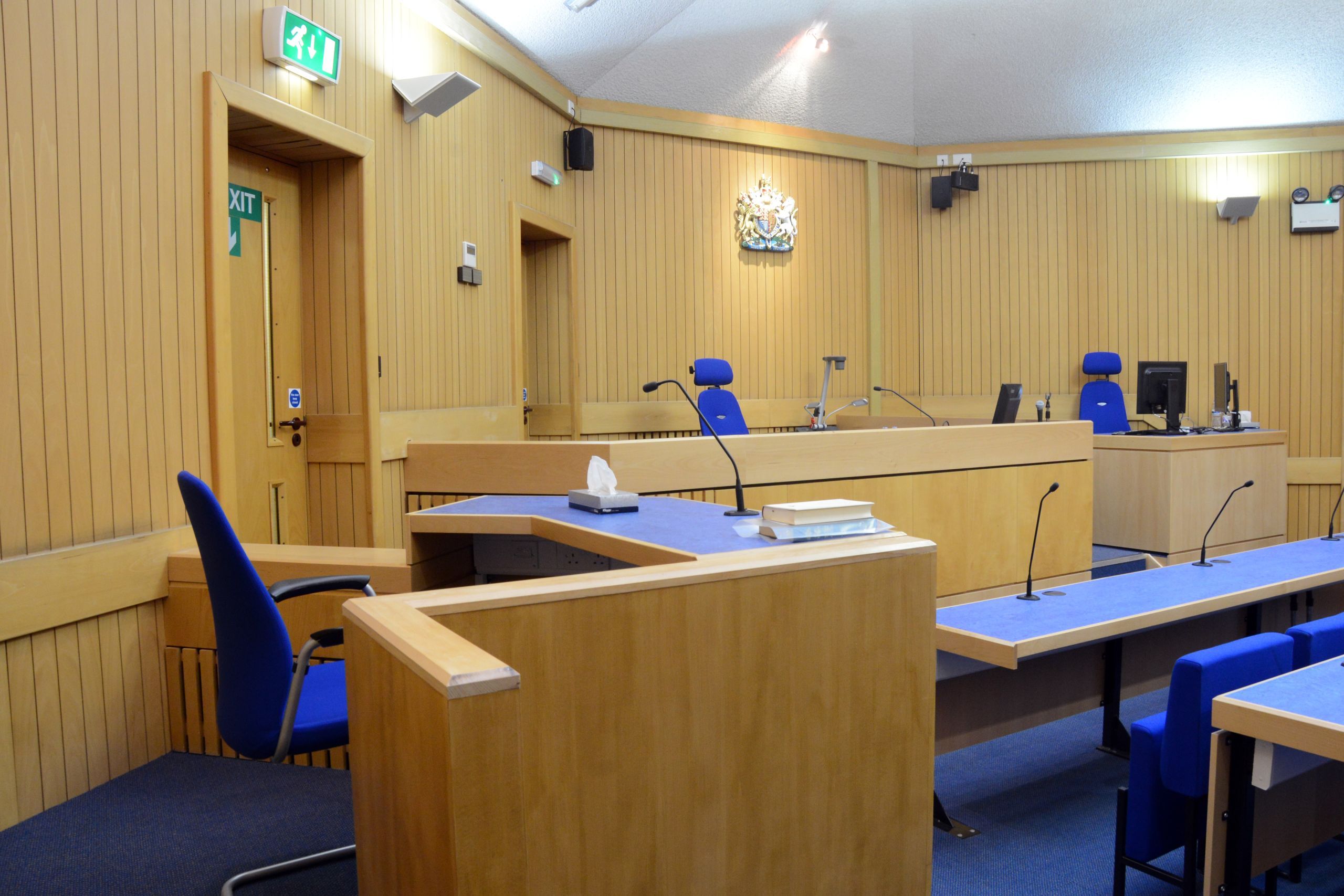
It is unfair that public funding for legal representation at inquests is only available for bereaved people in exceptional cases.
To help establish the facts when someone has died, a coroner may decide to hold an inquest. This is an inquiry in a court which may be heard with a jury.
Public funding for bereaved people to have legal representation at inquests is only available in exceptional cases and depends on how much money they have.
"Exceptional [legal aid] funding is exceptional in name and, quite frankly, exceptional in nature as well. People generally do not access it at all."
This is the case even at inquests that involve public bodies, each of which will have publicly funded legal representation. We think non-means tested public funding for legal representation should be available at all inquests like this.
We call on the Ministry of Justice to make legal aid automatically available for the bereaved at the most complex inquests, like those after public disasters.
What happens next?
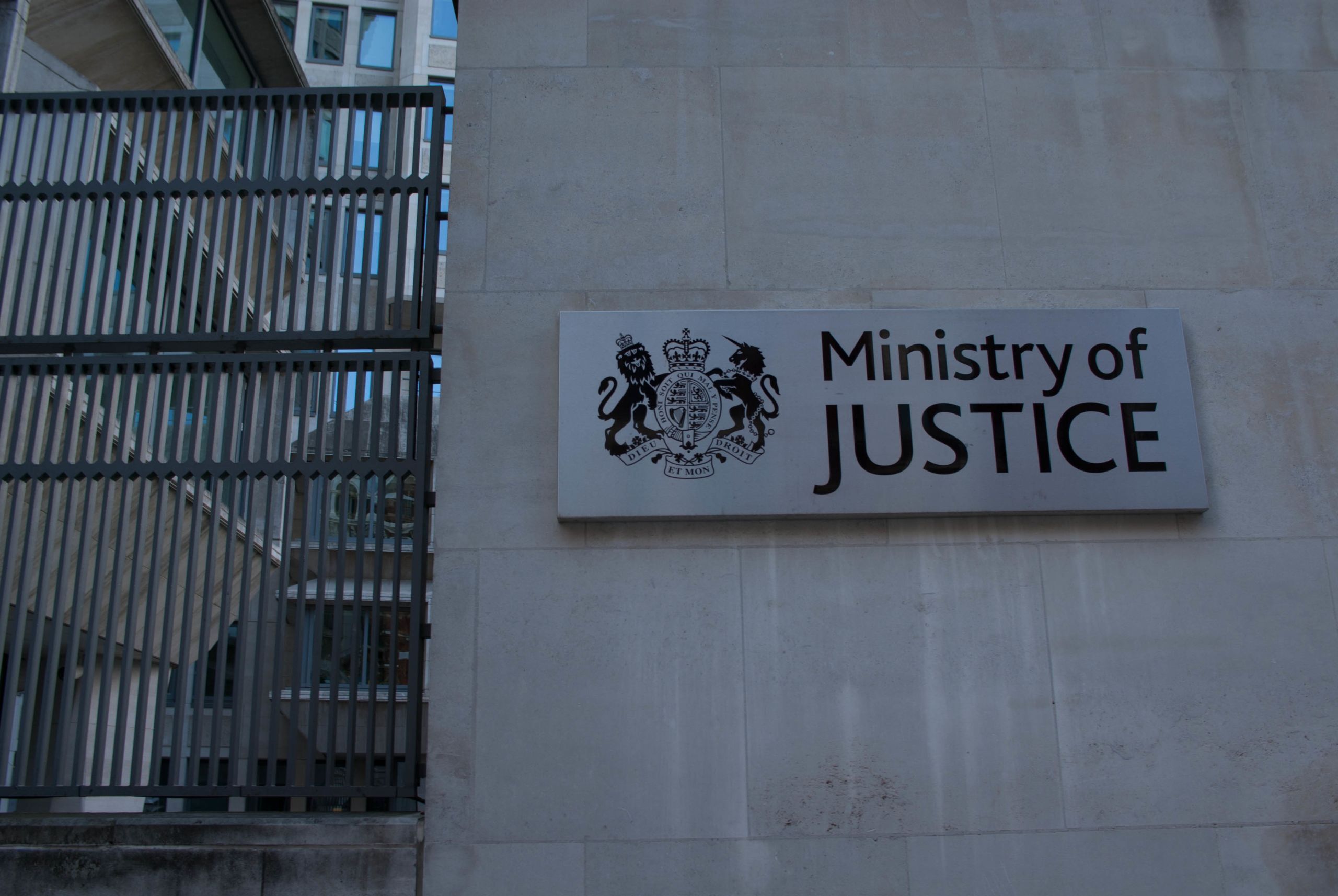
The Government must now respond to our report
Our report, The Coroner Service, was published on 27 May 2021 and the Government has two months to respond to our recommendations.
Detailed information from our inquiry can be found on our website.
If you’re interested in our work, you can find out more on the House of Commons Justice Committee website. You can also follow our work on Twitter.
The Justice Committee is a cross-party committee of MPs that examines the policies and spending of the Ministry of Justice (and associated public bodies). This includes courts, legal aid, prisons, probation and the rule of law. It also advises on sentencing guidelines.
Cover image credit: Elliott Brown, Flickr.com, CC BY 2.0

